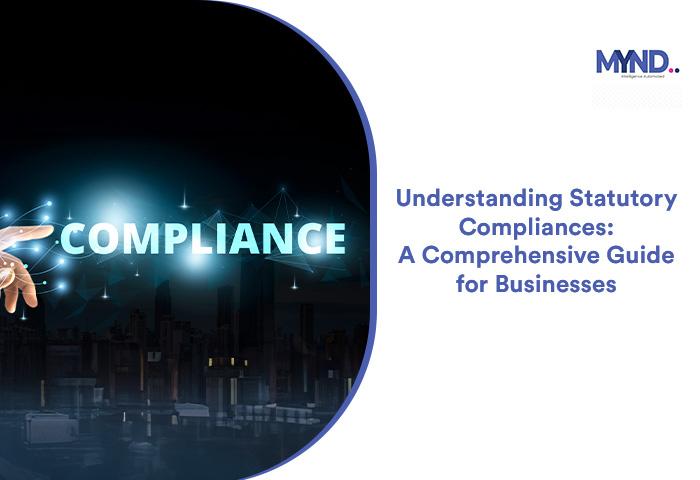In the rapidly evolving landscape of global finance, where digital transactions and data exchanges occur at the speed of light, the sanctity of personal information has become a paramount concern. As the world becomes increasingly interconnected, safeguarding sensitive data is no longer just a matter of compliance but a critical component of trust and security. Enter the newest wave of data privacy regulations, a complex tapestry of rules and standards designed to protect consumers and fortify the financial sector against breaches and misuse. This article delves into the intricacies of these groundbreaking regulations, offering a comprehensive guide to understanding their implications, challenges, and opportunities. With an authoritative lens, we unravel the legal frameworks reshaping the financial industry, empowering stakeholders to navigate this brave new world of data privacy with confidence and foresight.
Navigating the Labyrinth of Modern Data Privacy Laws
In the ever-evolving landscape of finance, staying compliant with the latest data privacy regulations is akin to navigating a complex labyrinth. Financial institutions must now adhere to a myriad of new rules designed to protect consumer data while ensuring transparency and accountability. Key regulations that have emerged include:
- GDPR (General Data Protection Regulation): Though originating in the EU, its influence is global, demanding stringent data protection measures and hefty fines for non-compliance.
- CCPA (California Consumer Privacy Act): A benchmark for U.S. data privacy laws, offering consumers greater control over their personal information.
- FATCA (Foreign Account Tax Compliance Act): Enforces reporting of foreign financial assets, impacting how financial institutions handle cross-border data.
Each regulation comes with its own set of challenges and requirements, from obtaining explicit consent to ensuring data portability and implementing robust cybersecurity measures. Financial institutions must invest in advanced compliance technologies and foster a culture of privacy to remain competitive and trustworthy in this new era of data governance.
Decoding Compliance: Key Provisions and Their Implications
In the ever-evolving landscape of financial data privacy, recent regulations have introduced several pivotal provisions that are reshaping the industry. Data minimization is at the forefront, compelling financial institutions to collect only the data necessary for their operations. This principle not only reduces the risk of data breaches but also fosters consumer trust. Additionally, the right to be forgotten empowers individuals to request the deletion of their personal data, a move that necessitates robust data management systems within organizations.
Moreover, the enhanced transparency requirements mandate that companies provide clear and concise information about their data processing activities. This transparency is critical for maintaining compliance and ensuring that consumers are well-informed about how their data is used. Key implications of these provisions include:
- Increased operational costs due to the implementation of new compliance systems.
- Heightened accountability for data breaches, with stringent penalties for non-compliance.
- A shift towards more ethical data handling practices, prioritizing consumer rights.
As these regulations continue to unfold, financial institutions must stay agile, adapting their strategies to not only meet compliance requirements but also to leverage these changes as opportunities for innovation and customer engagement.

Strategic Adaptation: Implementing Robust Privacy Protocols
In the rapidly evolving landscape of finance, the ability to adapt strategically to new data privacy regulations is paramount. Financial institutions must now go beyond traditional security measures and embrace robust privacy protocols that align with both regulatory requirements and consumer expectations. This involves a comprehensive approach that integrates privacy considerations into every facet of operations, from data collection to storage and processing. The key is to develop a privacy-first culture that empowers employees to recognize and mitigate risks proactively.
To implement these protocols effectively, organizations should focus on several critical areas:
- Data Minimization: Collect only the data necessary for specific purposes, reducing the risk of breaches and enhancing compliance.
- Encryption and Anonymization: Utilize advanced encryption techniques and anonymize sensitive data to protect it from unauthorized access.
- Regular Audits and Assessments: Conduct frequent privacy audits to identify vulnerabilities and ensure ongoing compliance with regulations.
- Employee Training: Equip staff with the knowledge and tools to handle data responsibly, fostering a privacy-conscious workforce.
- Consumer Transparency: Clearly communicate data usage policies to consumers, building trust and reinforcing the institution’s commitment to privacy.
By prioritizing these strategies, financial institutions can not only meet regulatory demands but also enhance their reputation and customer loyalty in an increasingly privacy-aware market.
Future-Proofing Your Finance Business Against Regulatory Changes
In an era where data is the new currency, financial institutions must stay ahead of the curve by adopting robust strategies to navigate the ever-evolving landscape of data privacy regulations. The latest regulatory changes demand not only compliance but also a proactive approach to safeguard sensitive information. To ensure your finance business remains resilient, consider the following strategies:
- Implement Comprehensive Data Audits: Regularly conduct thorough audits to identify and mitigate potential vulnerabilities. This practice not only helps in maintaining compliance but also strengthens your overall data security framework.
- Invest in Advanced Encryption Technologies: Leveraging cutting-edge encryption methods can protect sensitive data from unauthorized access, ensuring that your business meets the stringent requirements of new regulations.
- Enhance Employee Training Programs: Educate your team about the importance of data privacy and the latest regulatory changes. Well-informed employees are your first line of defense against data breaches.
- Adopt a Culture of Transparency: Build trust with your clients by being transparent about how their data is used and protected. This not only complies with regulations but also enhances your brand reputation.
By embracing these strategies, your finance business can not only comply with current data privacy regulations but also be prepared for future changes, ensuring a secure and trustworthy environment for your clients.





